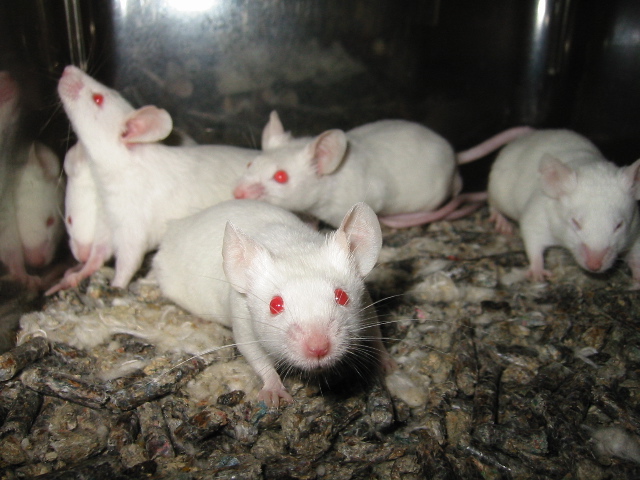
Here, from Nature,
A statistical analysis of more than 4,000 data sets from animal studies of neurological diseases has found that almost 40% of studies reported statistically significant results — nearly twice as many as would be expected on the basis of the number of animal subjects. The results suggest that the published work — some of which was used to justify human clinical trials — is biased towards reporting positive results.
This bias could partly explain why a therapy that does well in preclinical studies so rarely predicts success in human patients, says John Ioannidis, a physician who studies research methodology at Stanford University in California, and who is a co-author on the study published today in PLoS Biology1. “The results are too good to be true,” he says.
Ioannidis’s team is not the first to find fault with animal studies: … More.
Rats and mice aren’t the losers here. Doctors and patients can spend time, money, and energy following up animal results that are too good to be true when true results that were half as good would be a better deal.